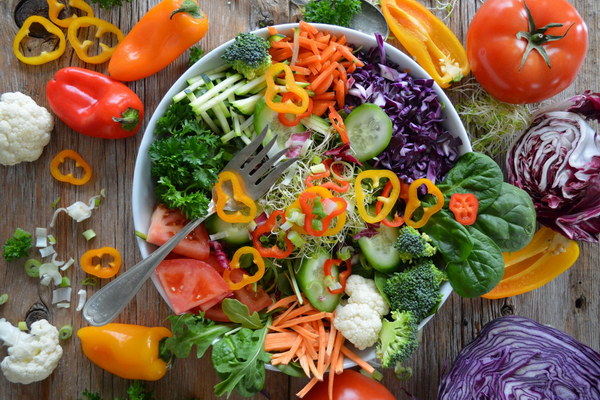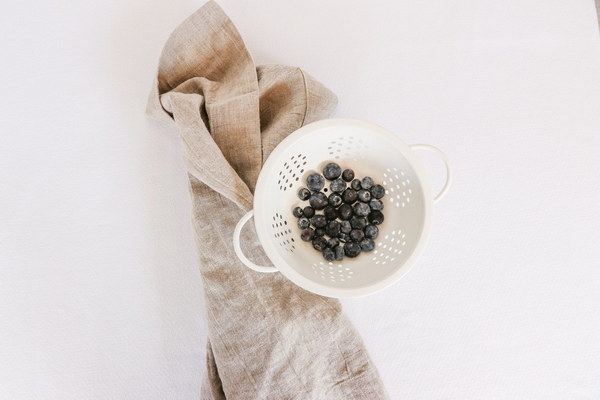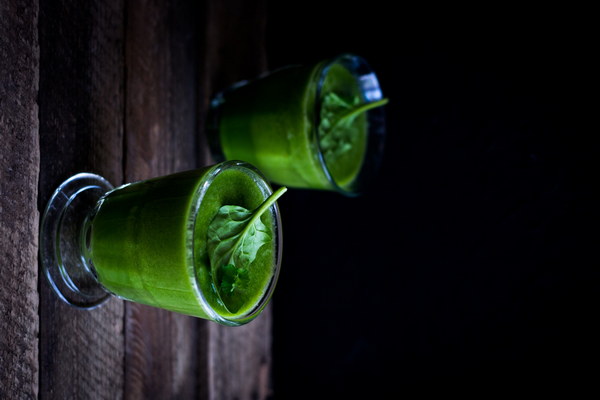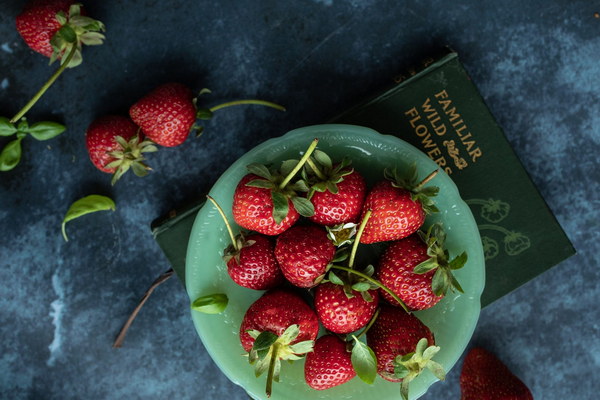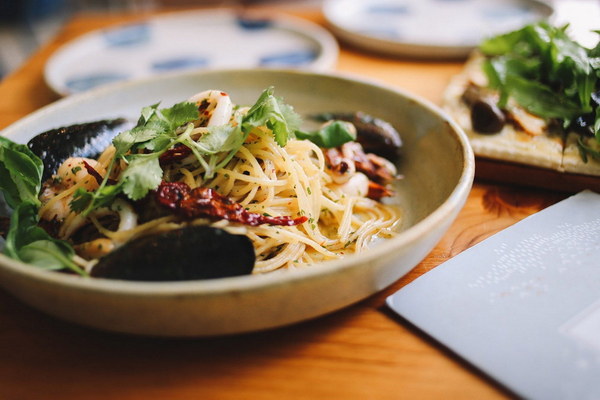Nourishing Your Liver A Guide to Foods That Can Help Combat Fatty Liver Disease
Fatty liver disease, a condition that affects millions of people worldwide, is characterized by the accumulation of fat in the liver. While it can be a precursor to more serious liver conditions, there is hope. Incorporating certain foods into your diet can help support liver health and potentially mitigate the effects of fatty liver disease. Below, we explore the best foods to include in your diet if you have fatty liver, often referred to as liver-boosting foods.

1. Leafy Greens
Leafy greens such as spinach, kale, and Swiss chard are rich in vitamins, minerals, and antioxidants that can help protect the liver. These greens contain high levels of chlorophyll, which has been shown to reduce the amount of fat stored in the liver. Additionally, they are low in calories and high in fiber, which can aid in weight management, a crucial factor in treating fatty liver disease.
2. Garlic
Garlic is a powerhouse when it comes to liver health. It contains allicin, a compound that has been found to reduce liver inflammation and decrease fat content in the liver. Garlic can also help improve the functioning of the liver enzymes responsible for metabolizing fat.
3. Berries
Berries, such as strawberries, blueberries, and raspberries, are high in antioxidants and phytonutrients that can help reduce oxidative stress on the liver. They also contain fiber and compounds that can help lower cholesterol levels, which is beneficial for those with fatty liver disease.
4. Artichokes
Artichokes are known for their ability to stimulate bile production, which is essential for the digestion and elimination of fats. The liver uses bile to break down fats, so increasing bile production can help reduce the fat buildup in the liver. Artichokes also contain cynarin, a compound that can help improve liver function.
5. Cruciferous Vegetables
Vegetables like broccoli, cauliflower, and Brussels sprouts are rich in sulfur compounds that support the liver's detoxification processes. These compounds help convert potentially harmful substances into water-soluble forms that can be excreted from the body.
6. Nuts and Seeds
Nuts and seeds, particularly walnuts, almonds, chia seeds, and flaxseeds, are good sources of healthy fats and omega-3 fatty acids. These healthy fats can help reduce inflammation and support liver health. They also contain antioxidants and fiber, which can aid in digestion and weight management.
7. Green Tea
Green tea is a traditional beverage that has been used for centuries to support liver health. It contains polyphenols, which have been shown to reduce oxidative stress and inflammation in the liver. Green tea can also help increase the production of antioxidants in the liver, further protecting it from damage.
8. Lean Proteins
Proteins are essential for liver repair and function. Lean proteins such as chicken breast, turkey, and fish are good choices. They provide the amino acids necessary for liver regeneration without adding excess fat to the diet.
9. Whole Grains
Whole grains like brown rice, quinoa, and oatmeal are rich in fiber and B vitamins, which are important for liver health. Fiber helps to improve digestion and can help lower cholesterol levels, while B vitamins, particularly B12 and folic acid, are crucial for the metabolism of fats and amino acids.
10. Beets
Beets are high in betalains, which have been found to have a protective effect on the liver. They can help reduce inflammation and improve liver function. Beets also contain betaine, which has been shown to lower liver fat content and improve liver enzyme levels.
Incorporating these liver-boosting foods into your diet can be a significant step towards managing fatty liver disease. However, it's important to remember that diet alone may not be enough to reverse the condition. Regular exercise, maintaining a healthy weight, and avoiding alcohol and processed foods are also critical components of a comprehensive treatment plan. Always consult with a healthcare professional before making significant changes to your diet or treatment regimen.
